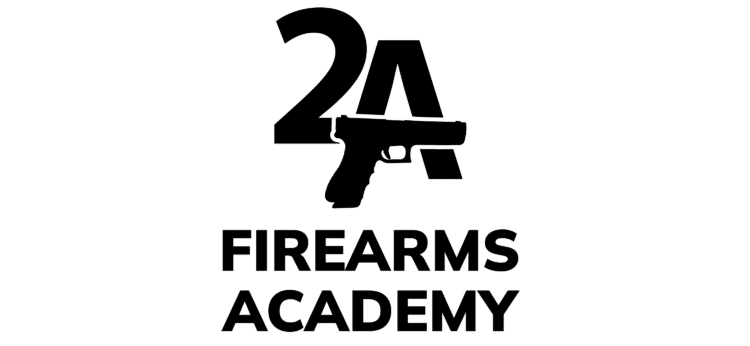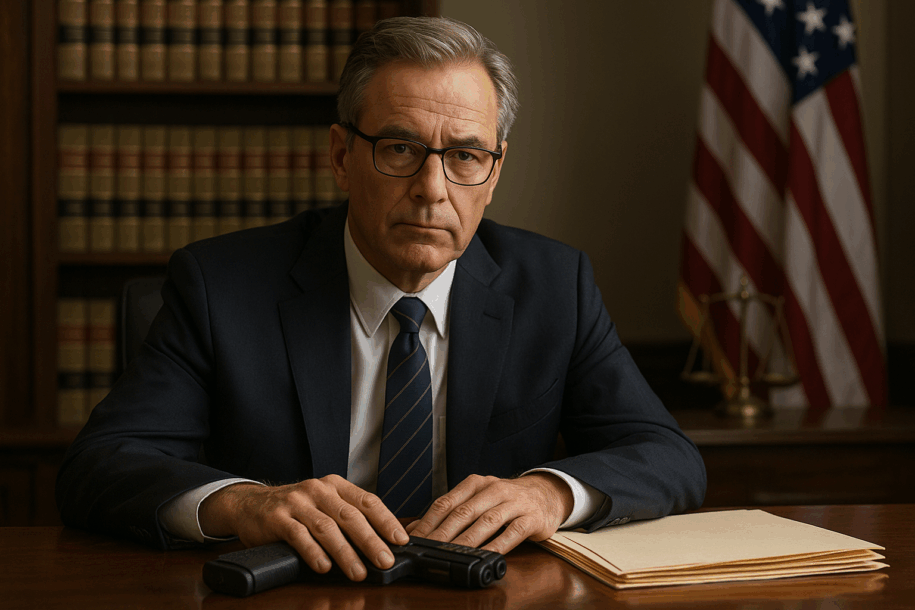If you’ve ever had to defend your life with a firearm, the moments that follow can be just as dangerous—legally speaking—as the attack itself. You may know you did the right thing. But in the eyes of the law, that’s not enough. The justice system doesn’t assume your innocence; it demands you prove it. And the person who will help you do that is your attorney. The stakes couldn’t be higher, you must avoid legal mistakes, so choosing the right lawyer isn’t just important—it’s critical.
Not All Criminal Defense Lawyers Are Created Equal
When charged after a defensive shooting, most people instinctively look for “the best criminal defense lawyer in town.” But this can be a mistake. The truth is, most criminal defense attorneys specialize in guilt mitigation—working to minimize punishment for clients who actually did something wrong. That’s not the kind of help you need.
In a legitimate self-defense case, you’re not claiming innocence in the abstract. You’re admitting to the act—pulling your gun, maybe even firing it—but you’re saying it was justified. That’s an affirmative defense. It requires a different mindset, a different legal strategy, and often a different type of attorney.
Find an Attorney Skilled in Affirmative Defense
An affirmative defense isn’t about denying what happened. It’s about proving it was necessary. Your attorney must know how to handle evidence, present forensic data, and understand the dynamics of violent encounters—sometimes referred to as force science. These skills aren’t typically taught in law school, and many attorneys who handle general criminal cases won’t have this background.
You want a lawyer who knows self-defense law. Someone who has successfully defended clients in self-defense cases—or at the very least, someone willing to learn quickly and work with expert witnesses and organizations familiar with such cases.
Seek Out Recommendations from Those Who Know
One smart way to find qualified legal help is to ask local law enforcement: Who would your union hire if one of your officers was charged after a justified shooting? Police unions like the Fraternal Order of Police (FOP) or the Patrolmen’s Benevolent Association (PBA) often retain skilled attorneys who understand the stakes and nuances of defensive shootings.
Even if that attorney doesn’t take civilian cases, they’ll know someone who does—and who operates at the same level of competence.
Post-Incident Legal Support Networks Can Help
Another option is to join a legal support group before you ever need one. Organizations like the Armed Citizens’ Legal Defense Network (ACLDN) vet attorneys for their experience with self-defense cases and often provide both funding and expert resources to support your defense.
These groups can connect you with specialists, provide access to expert witnesses, and help your attorney build a strong, evidence-backed case—often before charges are even filed.
Look for Respect, Not Fame
Avoid the temptation to hire the loudest or most famous lawyer you can find. The courtroom isn’t a television drama. You don’t want someone who tries to embarrass the judge or “go to war” with the prosecution. That approach might make for good TV, but in real life, it usually backfires.
What you want is an attorney who is respected by judges and prosecutors. Why? Because in many cases, charges can be dropped before trial—especially if the prosecution feels your attorney is credible, honest, and cooperative. In some cases, your lawyer can present your side to investigators early, convincing them not to move forward. That only happens when your lawyer has a solid reputation in the courtroom, not a flair for drama.
Be Ready to Educate Your Lawyer
Even a good attorney may need your help understanding the mechanics of armed self-defense. If you’ve trained with experts, studied force-on-force encounters, or followed best practices in concealed carry, you may have a better grasp on the realities of defensive gun use than your lawyer does.
Don’t be afraid to provide educational materials, expert referrals, or context about your actions. You and your lawyer must be on the same page to convince the court that your use of force was reasonable, justified, and necessary.
Choose Early—Not Under Pressure
Don’t wait until you’re in handcuffs to start looking for representation. Research attorneys now. Talk to support networks. Build a list. The moment you need legal protection isn’t the time to start interviewing lawyers from a jail cell. Plan ahead and be ready.
Final Thought
A firearm might save your life. But the wrong lawyer could still ruin it. Self-defense doesn’t end when the threat stops—it continues through every phase of the legal process. Choose an attorney who understands that difference, and you give yourself the best chance of walking away with your freedom, your reputation, and your future intact.

